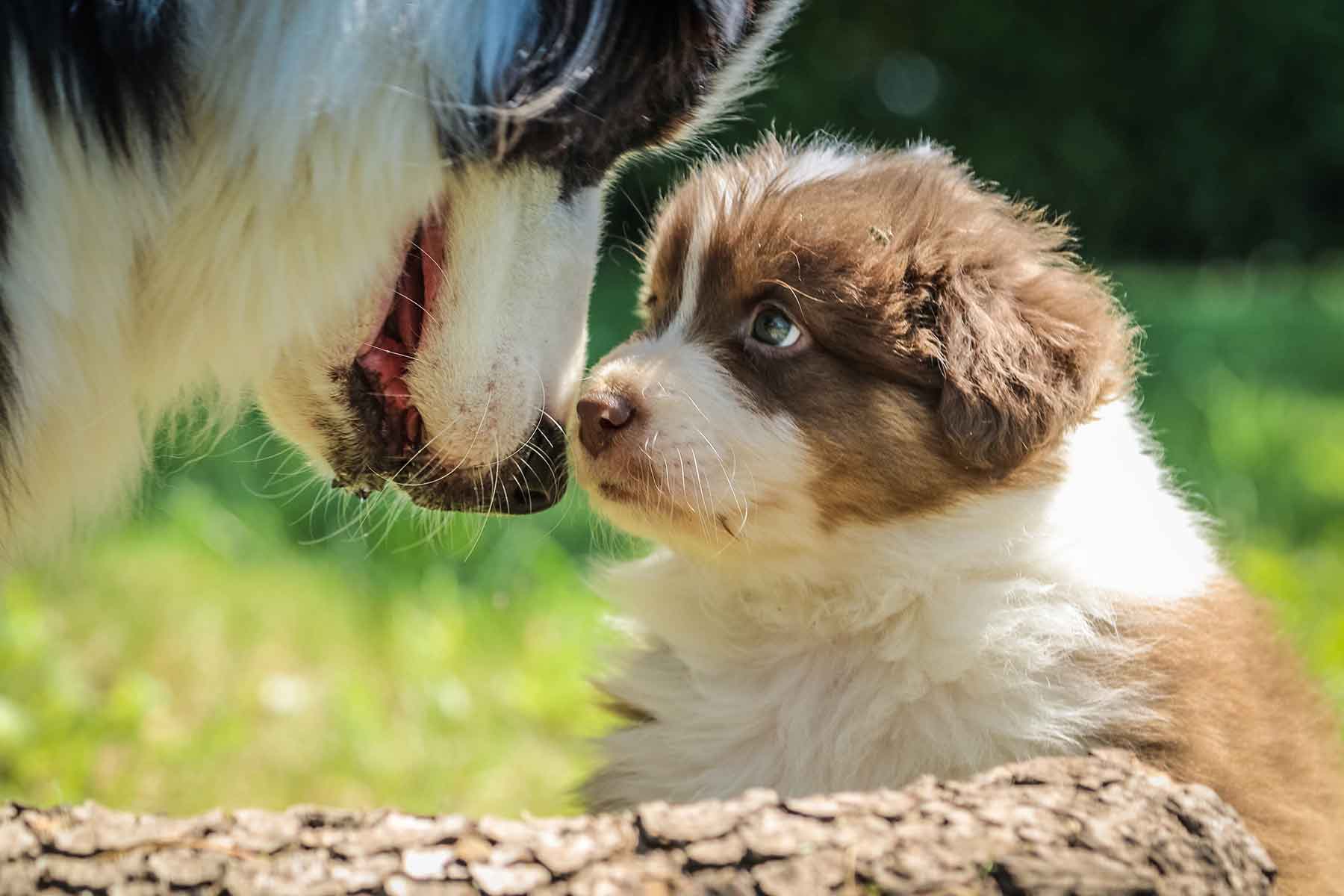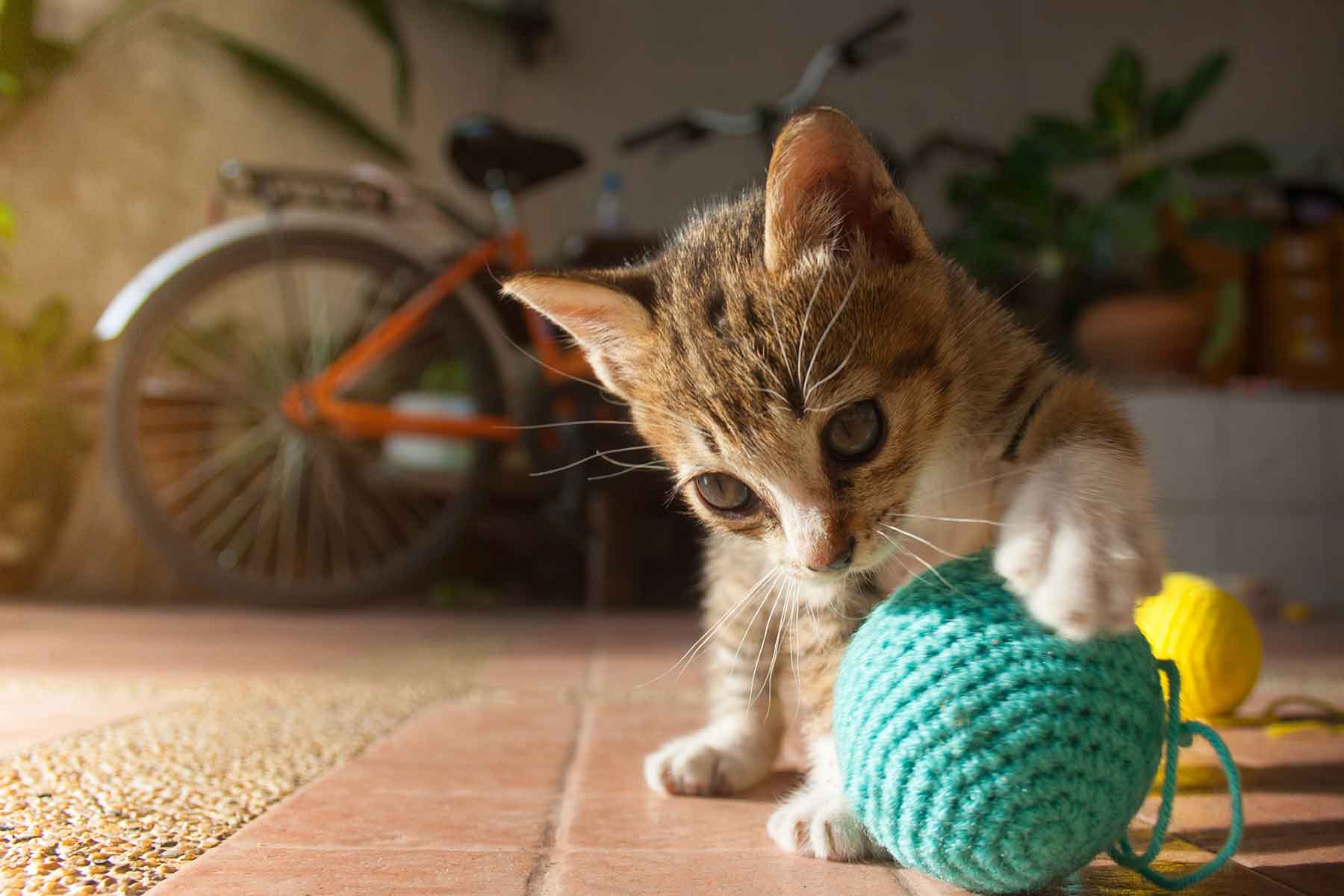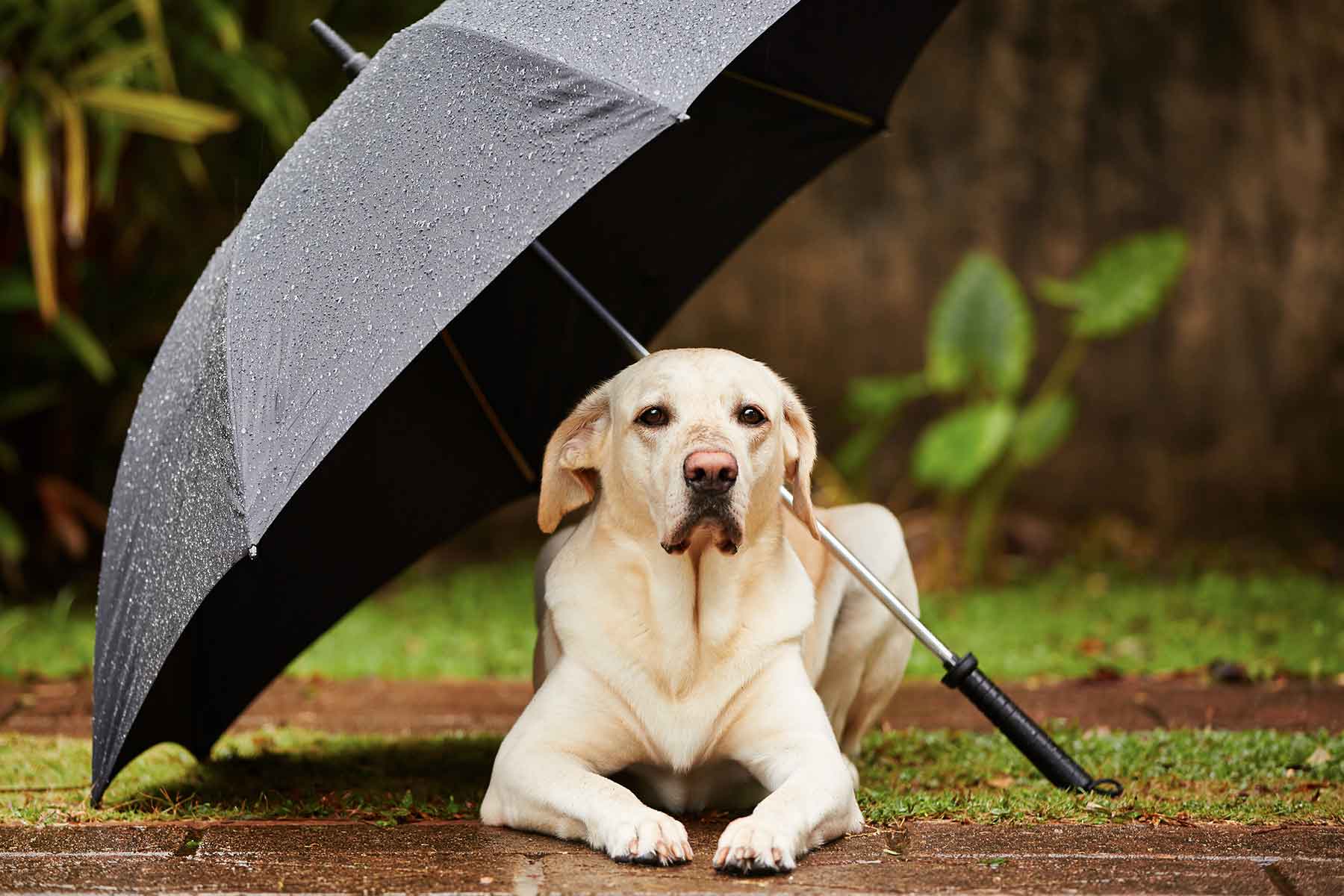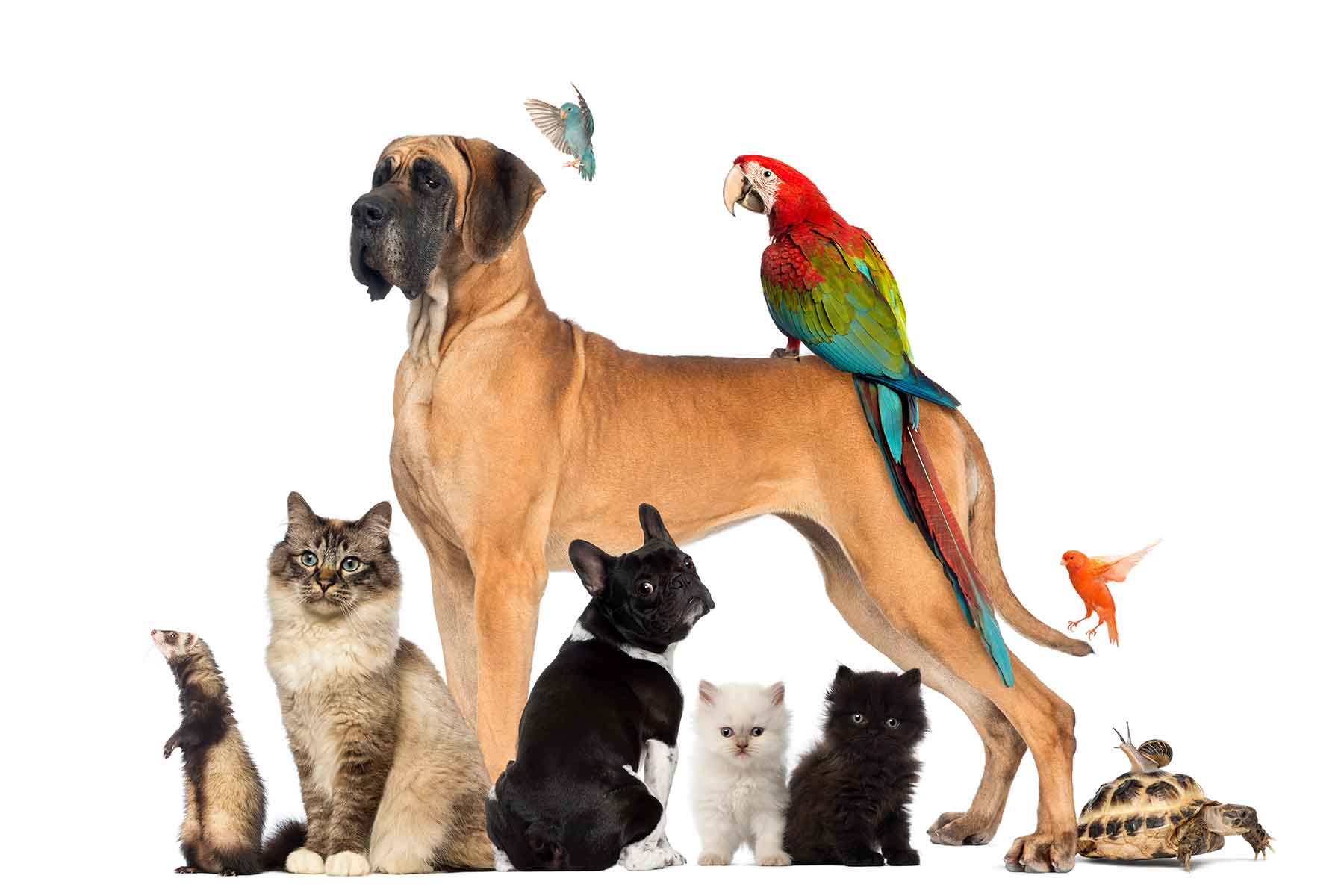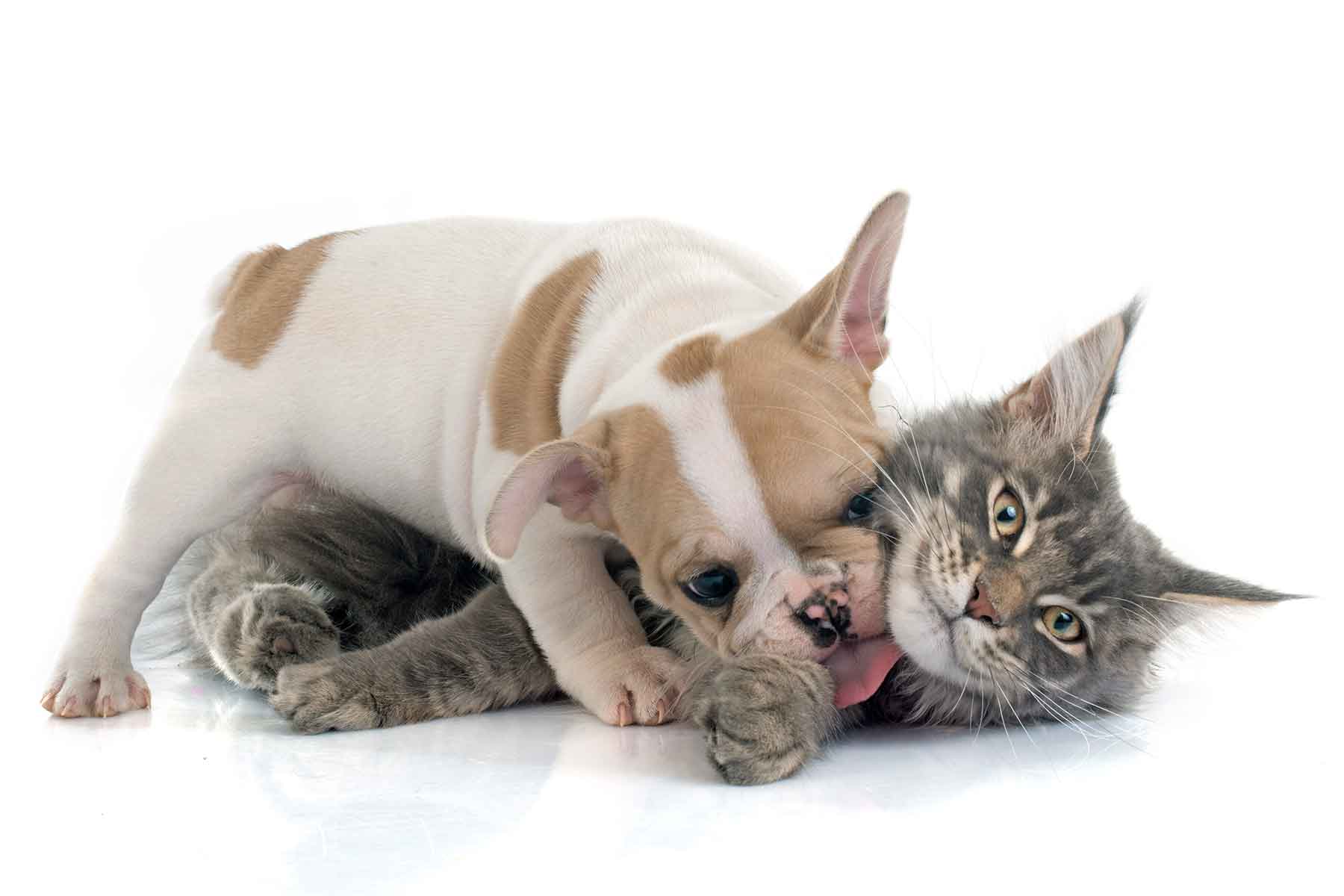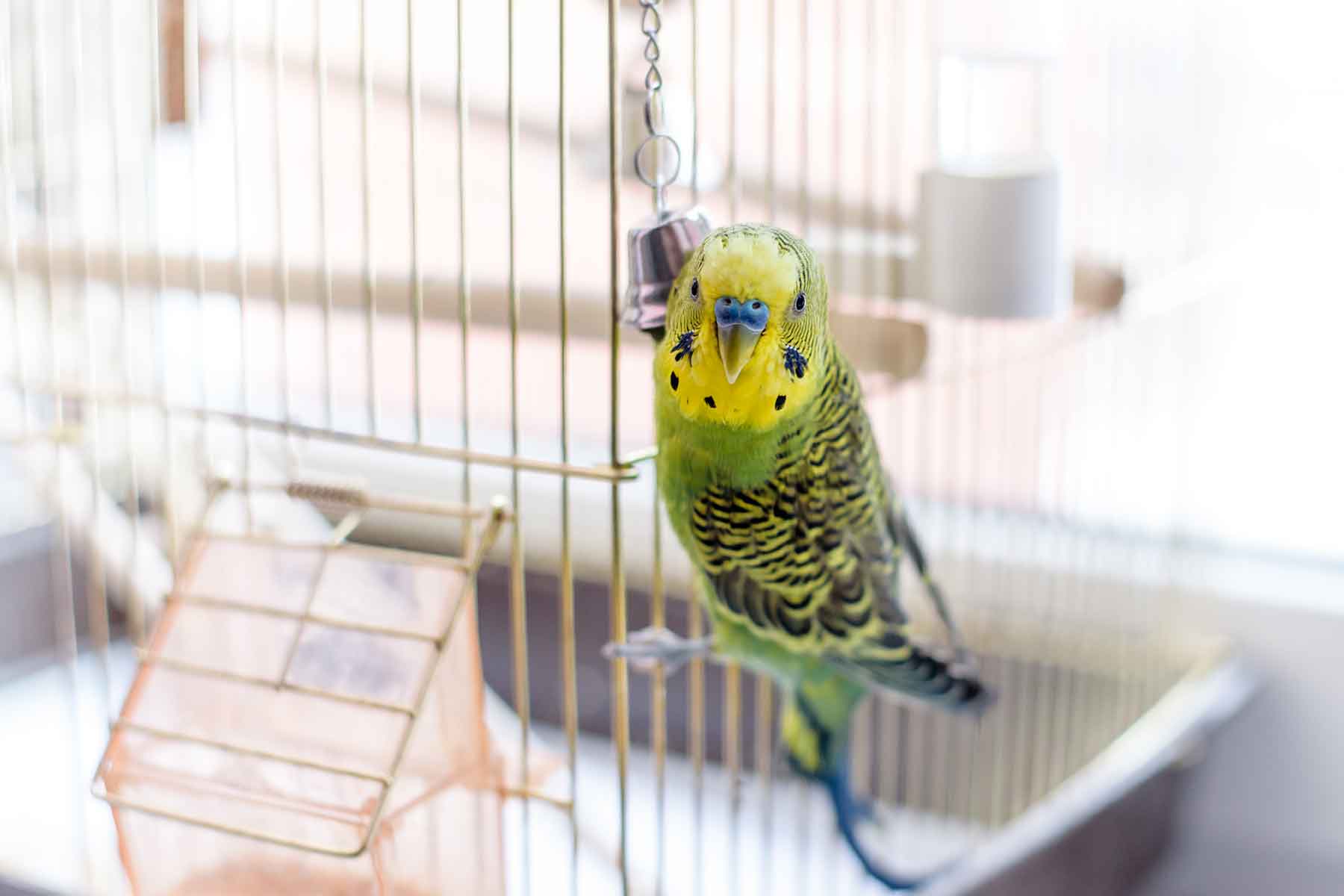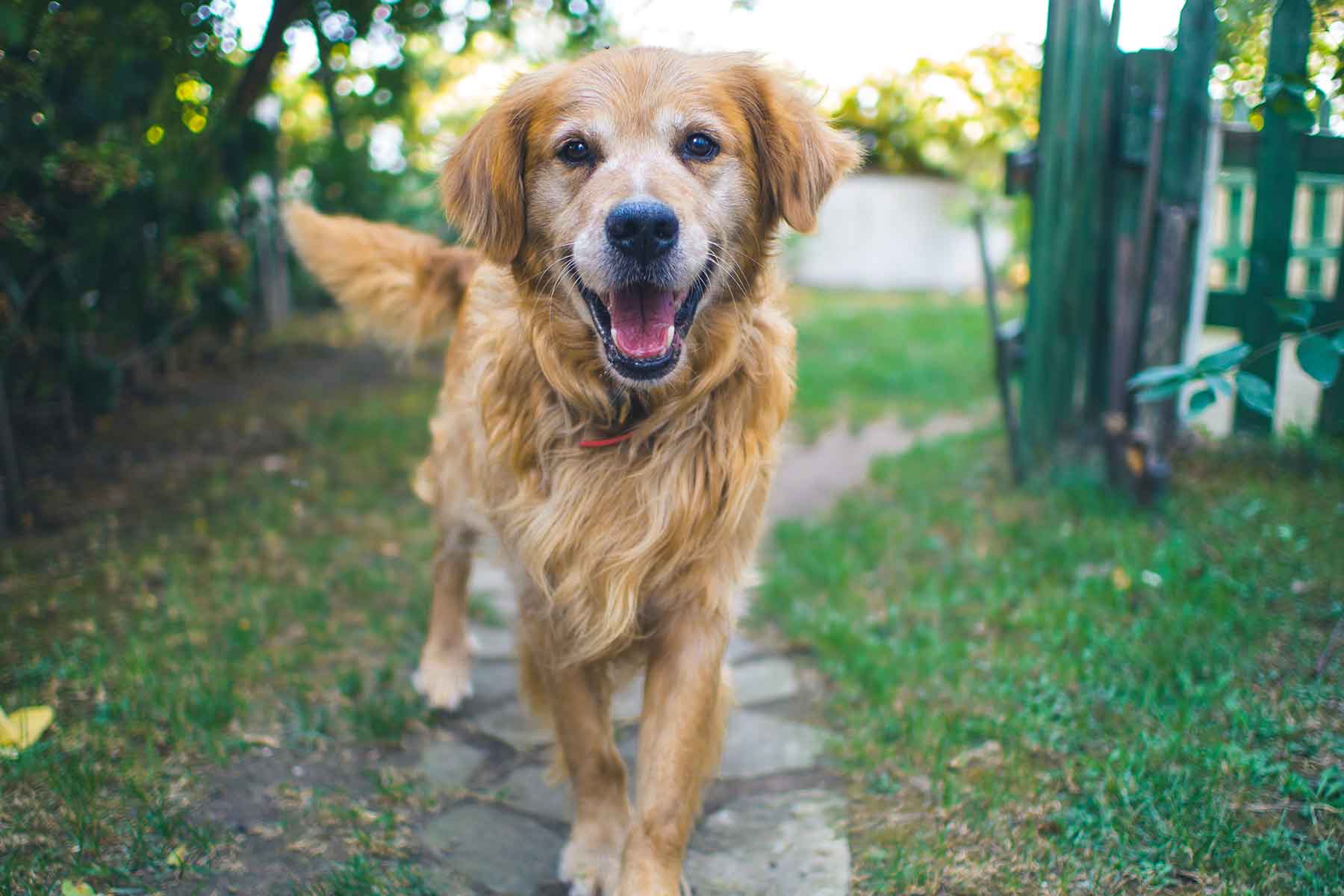Bringing a bird into your home should be a happy and rewarding experience. A well cared for bird will keep you entertained for years with many birds living a lifespan of between 10-80 years.
Having a bird as part of your family is a considerable responsibility, as they are totally dependant on you for their food, water, shelter and good health. Birds on a poor diet and in a non-stimulating environment can have a reduced lifespan.
Feeding
A balanced diet is the most important part of a healthy bird’s life. The common problems that are seen by veterinarians include obesity, egg binding and vitamin A deficiency.
Many birds are fed seed as their sole diet: birds love this as it is interesting to open and often high in fat, therefore tasty. But dried packaged seeds are low in vitamins (especially A), some seed mixtures contain added vitamins and minerals, however in some situations birds simply eat around these “vitamin balls”. Many birds also select only one or two types of seed in the whole mix and will not eat any other food or seed. Most commonly selected are sunflower seeds or oats (think of these seeds as chocolate). To provide a balanced diet, many other foods need to be offered daily. Vegetables especially green vegetables are extremely important. Good examples of green vegetables include spinach, silver beet, endives, parsley and celery. Fresh grasses, milk thistle, dandelion and fresh fruits are also great. Good quality bird pellets can be used instead of seed.
Environment
Many birds enjoy baths or showers and even enjoy going into the shower with their owners. Avoid using soaps when your bird is with you. Alternatively spray lightly with a spray bottle or hose on a fine mist spray. Birdbaths can be provided, but it is best not to leave them in cages all the time, as birds the water may very quickly become soiled.
Birds also need a full spectrum of light. Sunlight through a closed window is not adequate as vitamin D is absorbed from natural sunlight. Birds also need to have at least 10-12 hours in total darkness each night. If a bird is kept in a room that is used at night, then a blackout cover is needed. For many species of birds the period of darkness may be varied during the year to mimic natural seasons.
A word for cigarette/tobacco smokers
Smoking is extremely hazardous to birds. Their lungs, in combination with their air sacs, are an extremely efficient breathing system, the skin can also become irritated by the smoke and it is considered one of the reasons for self-mutilation. Many smokers assume that if they smoke on the other side of the room the bird will be safe, but this is not true. Smokers are advised to smoke somewhere outside or in a separate, well-ventilated room.
Another problem that can arise from smoking is the nicotine staining on their owners fingers. Bird’s feet sitting on this part of the hand often get dermatitis of their feet. Finally, nicotine on cigarettes is extremely toxic if ingested. Owners should keep cigarettes away from birds and dispose of butts sensibly.
Cages
Cages are a home to protect birds, not a cage to imprison them. Pet birds need protection when their owners are away, from other predators and from the poisons and other dangers that may be part of or around the house.
A cage should be rectangular preferably at least enough depth for 2 birds to extend their wings fully. Birds are not helicopters so tall cages are not appropriate. Birds should spend the maximum amount of time supervised outside their cage in order to get healthy exercise. Without this, birds become overweight and depressed. If you are concerned about catching your bird or if it is reluctant, simply dim the lights and the bird will be easier to catch.
Perches
Poor perches commonly lead to sores on bird’s feet. In the past sandpaper was recommended to shorten nails, in fact all it manages to do is cause sore feet. Perches should be made of natural wood branches of varying sizes and not doweling or plastic.
Food and water bowls
Food and water bowls should be placed in cages where the bird will not defecate in them. If your bird has parasites or any kind of bacterial infections they will not improve if your bird consistently eats and drinks their own faeces. It is best not to place any materials on the ground that encourages your bird to eat off the floor. (e.g.: sandpaper, grit or food). Instead use a grill to allow faeces to fall through or plain paper. Also avoid using metal toys or plastic coated bag ties in the cage as these may lead to heavy metal poisoning.
Heavy metal poisoning
Heavy metal poisoning is a common problem seen at veterinary clinics. Many birds are exposed to heavy metals in their cages or their environment. Lead, zinc and copper are the most common metals involved. They are found in galvanised wire, paint, copper wire, metal ties, rusty metal toys and backs of mirrors etc.
Cages and aviaries should be made of stainless steel, powder-baked or the new BHP polymer-covered wire. Scrub galvanised wire with vinegar and a wire brush, then rinse the vinegar off and repeat, this well help minimise the zinc toxicity but will not eliminate it. Weathering the wire (leaving it outside to the elements) will not detoxify the metal either.
Mate or bonding friend
Most parrots live in large flocks. They do not live in a small cage. Birds, unlike dogs and cats, become bonded to one other bird or human as a mate. Birds that always call, talks and sings are in fact demanding the attention it craves. It is a very rare occurrence for a bird to be happy on its own. Many bird diseases and various symptoms in birds are related to stress, frustration and bored parrots. Television and radios are occasional comforts, but they are not long-term substitutes for company.
If you have any questions or concerns about caring for your pet bird, please do not hesitate to contact your veterinary healthcare team.

